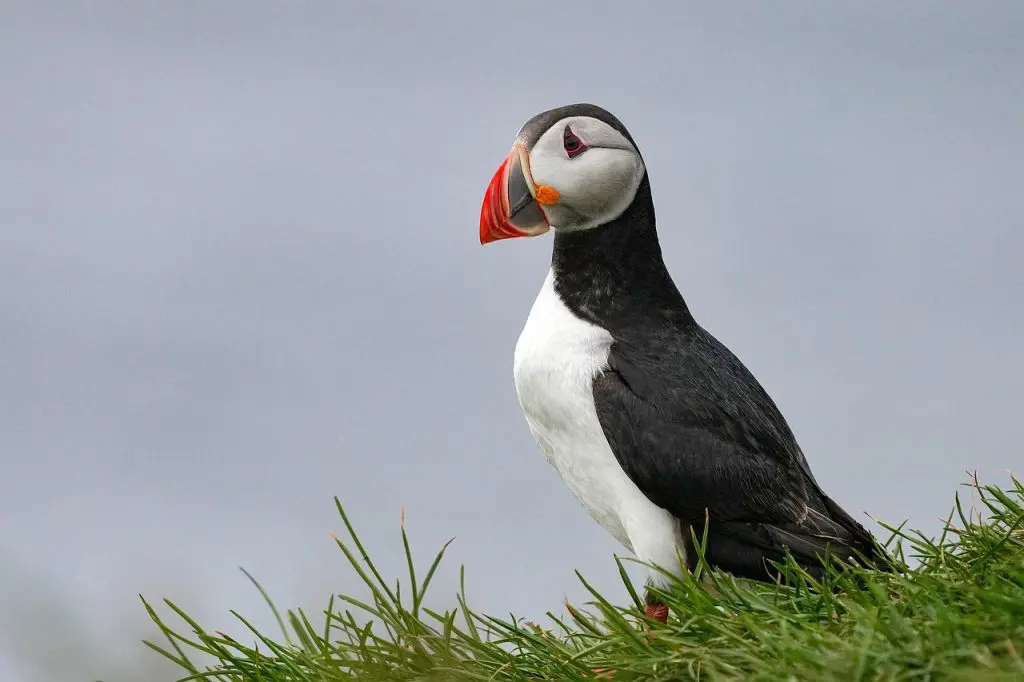
Protecting Biodiversity: 7 Ways to Take Action on World Wildlife Day 2026 World Wildlife Day, marked on 3rd of March, serves as a global reminder of the urgent need to protect our planet’s precious biodiversity. As habitats face unprecedented threats from human activity, the onus is on each of us to play a role in […]
World Wildlife Day, marked on 3rd of March, serves as a global reminder of the urgent need to protect our planet’s precious biodiversity. As habitats face unprecedented threats from human activity, the onus is on each of us to play a role in safeguarding the natural world. This year, let’s take meaningful action that goes beyond awareness by implementing practical steps to conserve our unique wildlife and ecosystems. Here are seven ways you can contribute to the protection of biodiversity.
Understanding the importance of biodiversity is the first step towards protecting it. Take the initiative to learn about local species, their habitats, and the ecological roles they play. Share your knowledge with family and friends or organise community workshops to spread awareness. The more we know, the better equipped we are to advocate for conservation.
Choose to support reputable conservation organisations dedicated to protecting wildlife and their habitats. This can be through donations, volunteer work, or participating in campaigns. Every little contribution counts and helps in the fight against poaching, habitat destruction, and climate change. Popular organisations like The Wildlife Trusts, WWF, and RSPB are great places to start.
Plastic pollution poses a significant threat to marine and terrestrial ecosystems. By reducing your plastic consumption, you contribute to a cleaner environment for wildlife. Opt for reusable bags, containers, and bottles, and engage in recycling where possible. Participating in local clean-up events can also help mitigate the damage caused by plastic waste.
Your shopping habits can influence biodiversity significantly. Choose sustainably sourced products, especially when it comes to food. Opt for organic, local, and seasonal produce which supports local farmers and reduces carbon footprints. By being mindful of your purchasing decisions, you help protect habitats from the adverse effects of industrial farming and overexploitation.
Even small gardens or balconies can provide vital habitats for local wildlife. Plant native species that attract pollinators, birds, and other beneficial creatures. Avoid using pesticides and herbicides that harm the ecosystem. Consider creating a small pond, installing bird feeders, or building insect hotels to enhance biodiversity right outside your door.
Engage in discussions and lobbying efforts aimed at improving environmental policies. Write to your local MP, sign petitions, and participate in campaigns that promote biodiversity conservation. Advocating for stronger protections for natural spaces and better regulations on harmful practices can have a far-reaching impact.
Citizen science projects are a fantastic way to contribute to biodiversity research and conservation efforts. Participate in local surveys or monitoring programmes that track wildlife populations and habitats. Collaborating with scientists not only helps gather crucial data but also enhances your connection with nature and your community.
Ireland’s rich natural heritage makes World Wildlife Day especially relevant. From the Atlantic puffin and Irish hare to unique bogland and coastal ecosystems, the island is home to many species found nowhere else. However, biodiversity loss remains a growing concern, with one in five species in Ireland now considered at risk of extinction.
On World Wildlife Day, individuals and communities across Ireland are encouraged to celebrate and protect native wildlife by participating in local initiatives such as National Biodiversity Week, spring bird counts, and habitat restoration projects led by groups like the Irish Wildlife Trust and BirdWatch Ireland. Schools, nature reserves, and local councils often host educational events, nature walks, and clean-ups to mark the day.
Supporting Ireland’s biodiversity starts with simple, local actions, by planting native species in your garden, avoiding harmful pesticides, and protecting pollinators like bees. As a country renowned for its green landscapes, Ireland has both the opportunity and the responsibility to lead by example in global conservation efforts.
World Wildlife Day is a crucial reminder of our responsibility towards the natural world. By taking action, whether big or small, each of us can make a difference in protecting biodiversity. From educating ourselves to supporting conservation efforts, there is no shortage of ways to contribute to this vital cause. Together, we can help ensure a healthier, more sustainable planet for future generations.
World Wildlife Day is celebrated every year on 3rd March to raise awareness about the importance of protecting the world’s biodiversity. The day highlights the urgent need to safeguard wildlife, ecosystems, and natural habitats that are under threat from human activities and climate change.
You can take action by educating yourself and others, supporting conservation organisations, reducing plastic use, and making sustainable lifestyle choices. Participating in citizen science, creating wildlife-friendly gardens, and advocating for environmental policies are all impactful ways to contribute to biodiversity protection.
Plastic pollution harms both marine and terrestrial ecosystems, often injuring or killing animals through ingestion or entanglement. By reducing your plastic footprint, using reusable items, recycling, and avoiding single-use plastics, you help create a safer, cleaner environment for wildlife to thrive.
Ireland plays a key role in conserving unique native species such as the Atlantic puffin, Irish hare, and coastal bogland ecosystems. On World Wildlife Day, communities participate in events like bird counts, habitat restoration, and biodiversity education to raise awareness and protect the country’s natural heritage.
Citizen science projects involve everyday people collecting data to support scientific research. Activities like wildlife monitoring, species counts, or habitat surveys help researchers track biodiversity trends. These efforts are crucial for conservation planning and foster deeper public engagement with nature.